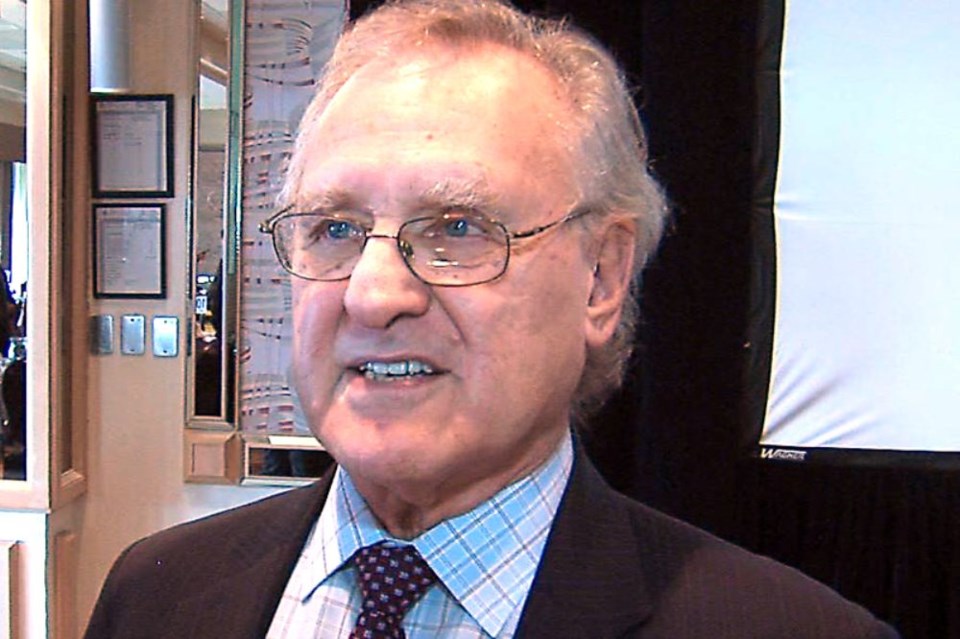Canada’s former ambassador to the United Nations is eager to see what Tuesday’s federal budget will hold for the human rights of Northern Ontario’s First Nations.
As Stephen Lewis spoke to hundreds attending the 10th annual breakfast to celebrate the International Day for the Elimination of Racial Discrimination at the Valhalla Inn, 17 young people were being evacuated from Kashechewan First Nation over sores and rashes believed to have been contracted from their water supply.
Despite adhering to his partisan history leading the NDP in Ontario through most of the 1970s, Lewis said he hopes Tuesday's budget will serve as a "turning point" in Canada's relationship with First Nations.
“All of these things -- mental health, addiction, suicide -- all of these aspects of vulnerability, particularly around health, have to be addressed,” Lewis said.
“They’ve been decades and decades and decades without being addressed and I’m hoping today will be a turning point. As you know, I’m not a Liberal by disposition or by politics but I’m very hopeful we may have a change in approach.”
Lewis recalled visiting Africa shortly after the Mar. 21, 1960 Sharpeville Massacre when South African police killed 69 people who were demonstrating against apartheid. The event inspired the United Nations to dedicate its efforts to anti-racist initiatives every year on that day. Fifty-six years later, events are held annually to combat racism around the world.
Lewis called racism “one of the most poisonous afflictions in the world” as he praised Thunder Bay’s commitment to standing up for the cause.
“If you look around the world and think of Syria and Libya and Saudi Arabia and Yemen, the Congo and Iran and Iraq and Afghanistan; when you think of all the places in the world where women are demeaned and oppressed, slaughtered and raped; when you think that racism is alive and well in so many parts of the African continent because industrial nations continue to cut back on the funding to keep people alive -- we’ve come a long way in awareness (but) we have a long way to go in terms of action.”
